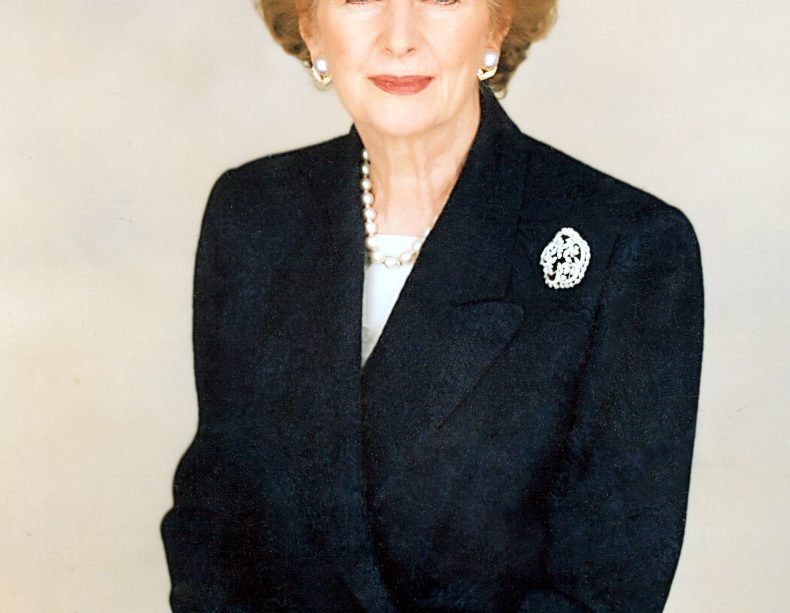The Enduring Legacy of Margaret Thatcher in British Politics

Introduction
Margaret Thatcher, the first female Prime Minister of the United Kingdom, served from 1979 to 1990 and remains one of the most polarising figures in British history. Her policies and leadership style reshaped not only the Conservative Party but also the fabric of British society. With themes of economic reform, national identity, and global influence, Thatcher’s legacy continues to be a relevant topic of debate among political analysts and historians.
Thatcher’s Rise to Power
Born on October 13, 1925, in Grantham, Lincolnshire, Margaret Thatcher’s ascent in law and politics was driven by her unwavering determination and strong principles. She became the leader of the Conservative Party in 1975, at a time when Britain was facing economic turbulence, high inflation, and rising unemployment.
Policies and Reforms
Thatcher’s tenure was defined by a suite of liberal economic policies known as ‘Thatcherism’, which advocated for deregulation, privatisation of state-owned industries, and a reduction in the power of trade unions. Major national assets such as British Telecom and British Gas were privatised, which sparked a shift towards market-oriented policies. While proponents argue that these changes revitalised the British economy, critics point to the growing inequality and decline of traditional industries such as manufacturing.
International Influence
Thatcher also played a crucial role on the global stage, particularly during the Cold War. Her close relationship with U.S. President Ronald Reagan marked a significant alliance in opposing the Soviet Union. Thatcher’s firm stance against communism, combined with her support for NATO, positioned her as a key player in international politics, contributing to the eventual fall of the Berlin Wall in 1989.
Challenges and Controversies
Despite her significant achievements, Thatcher faced numerous challenges throughout her leadership. The introduction of the Community Charge, or ‘poll tax’, sparked widespread protests and contributed to her eventual resignation in 1990. The Falklands War in 1982 initially bolstered her popularity but also highlighted the complexities of her leadership decisions.
Conclusion
Margaret Thatcher’s impact on British politics is enduring and multi-faceted. Her policies transformed the economy and her global leadership reshaped Britain’s role on the world stage. As the political landscape continues to evolve, the debate around her legacy remains crucial for understanding contemporary political challenges. Analysts suggest that her approach to leadership, emphasising strong convictions and decisive action, continues to influence current political leaders. For readers, reflecting on Thatcher’s legacy is vital in recognising and addressing the ongoing impacts of her policies in modern Britain.









